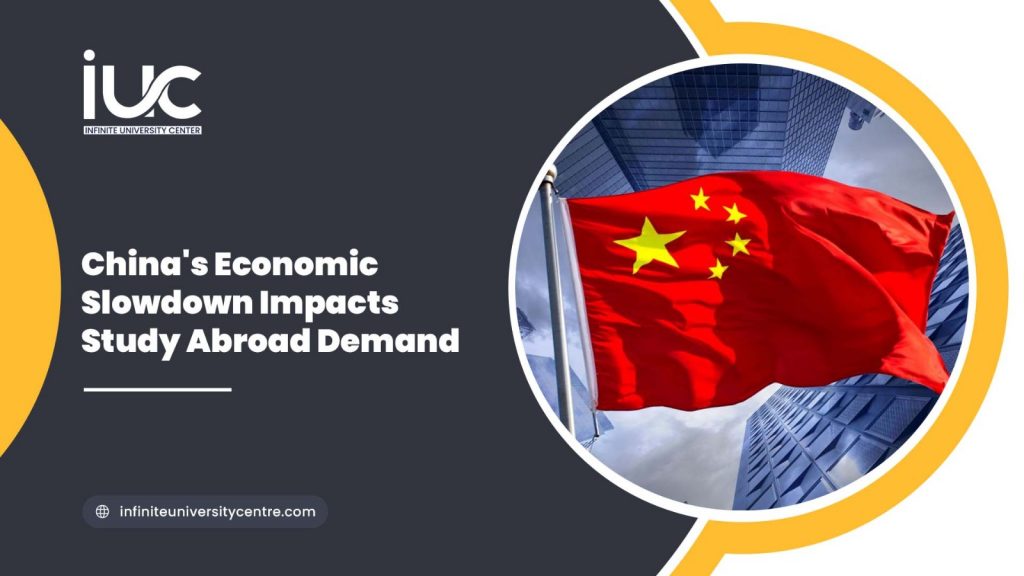China’s economic downturn is altering the landscape of study abroad, as young Chinese students and their families reassess their priorities. With youth unemployment rates soaring to historic highs, reaching 18.8% for 16-24-year-olds in August 2024, many are opting to continue studying rather than enter a challenging job market.
The Chinese economy, expected to miss its 5% growth target for 2024, is experiencing a slowdown due to an extended property downturn, deflationary pressures and stagnant salary levels. This shift has led to a change in consumer behavior, with the average Chinese student-consumer becoming more cautious and value-driven.
“Reverse consumption” is now trending, prioritizing value for money over luxury brands. This marks a significant departure from the previous obsession with elite educational brands. Young people are driving this trend, seeking unique experiences, quality and cost-effectiveness.
For international educators, this shift presents both challenges and opportunities. Western institutions face increasing competition from Asian universities, and to remain attractive, they must demonstrate positive job outcomes and return on investment.
The Economist Intelligence Unit reports declining Chinese enrollment trends in Western destinations, except for the UK, while demand for study in Asia grows. Chinese families are becoming more price-sensitive, exploring affordable alternatives like Thailand.
To succeed in this new market, institutions must adapt by:
1. Emphasizing cost-effectiveness and competitiveness
2. Highlighting brand value and social responsibility
3. Offering personalized and differentiated experiences
Institutions must also provide tangible evidence of graduate outcomes, internships and career services to attract Chinese students.
“The idea that Chinese students are rich and driven purely by rankings and prestige is outdated,” says an industry expert. “The market is complex, and careful, targeted strategies based on current market intelligence are needed.” International educators must adjust their approach to meet the changing needs and priorities of Chinese students and their families, as China’s economic landscape continues to evolve.

